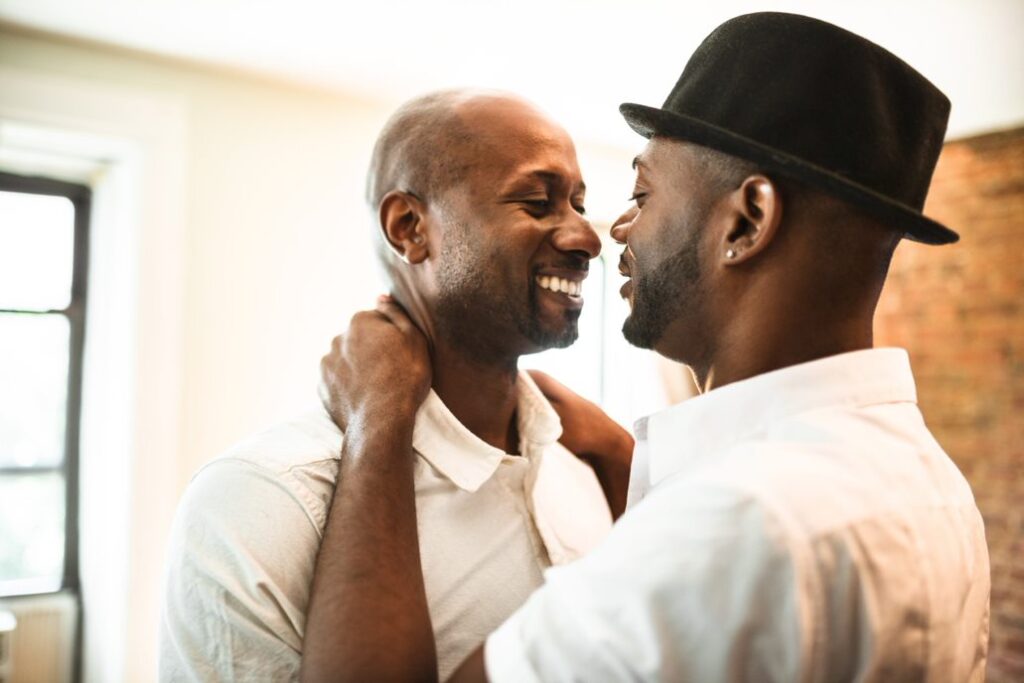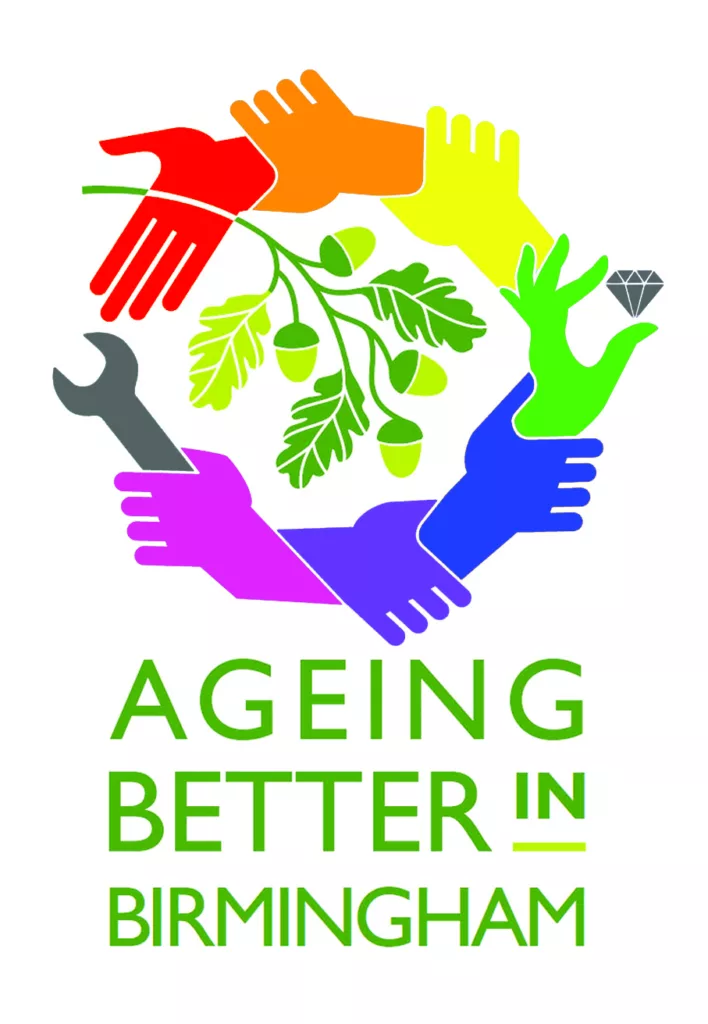Black History Month Blog: My Coming Out Journey by Peter Rowe

I was born to West Indian parents in Birmingham 1967, and from the age of five to 15 I was raised by my father and stepmother. My relationship with my stepmother was very turbulent from day one. One of my earliest memories is of her calling me a “girl’s blouse” or a “puff” due to […]
Social distancing doesn’t have to mean socially distant

By our Ageing Better Network Enabler (community development worker), Maria Hughes. Lockdown, self-isolation, shielding . . . if your job is to facilitate bringing people aged 50 and over together in social groups, to combat social isolation, a global pandemic can severely hamper your efforts. Research has shown that being socially isolated and lonely lead […]
